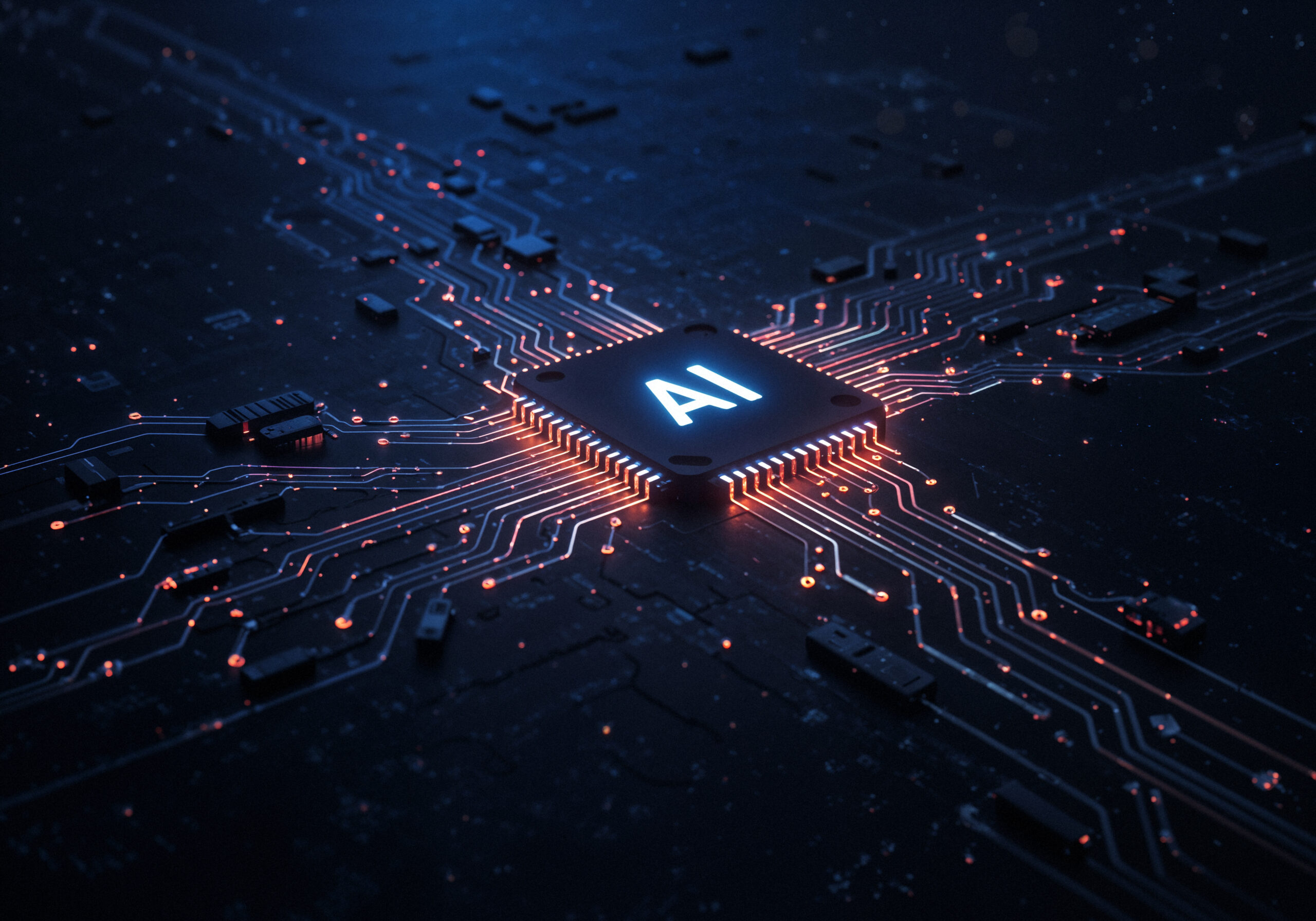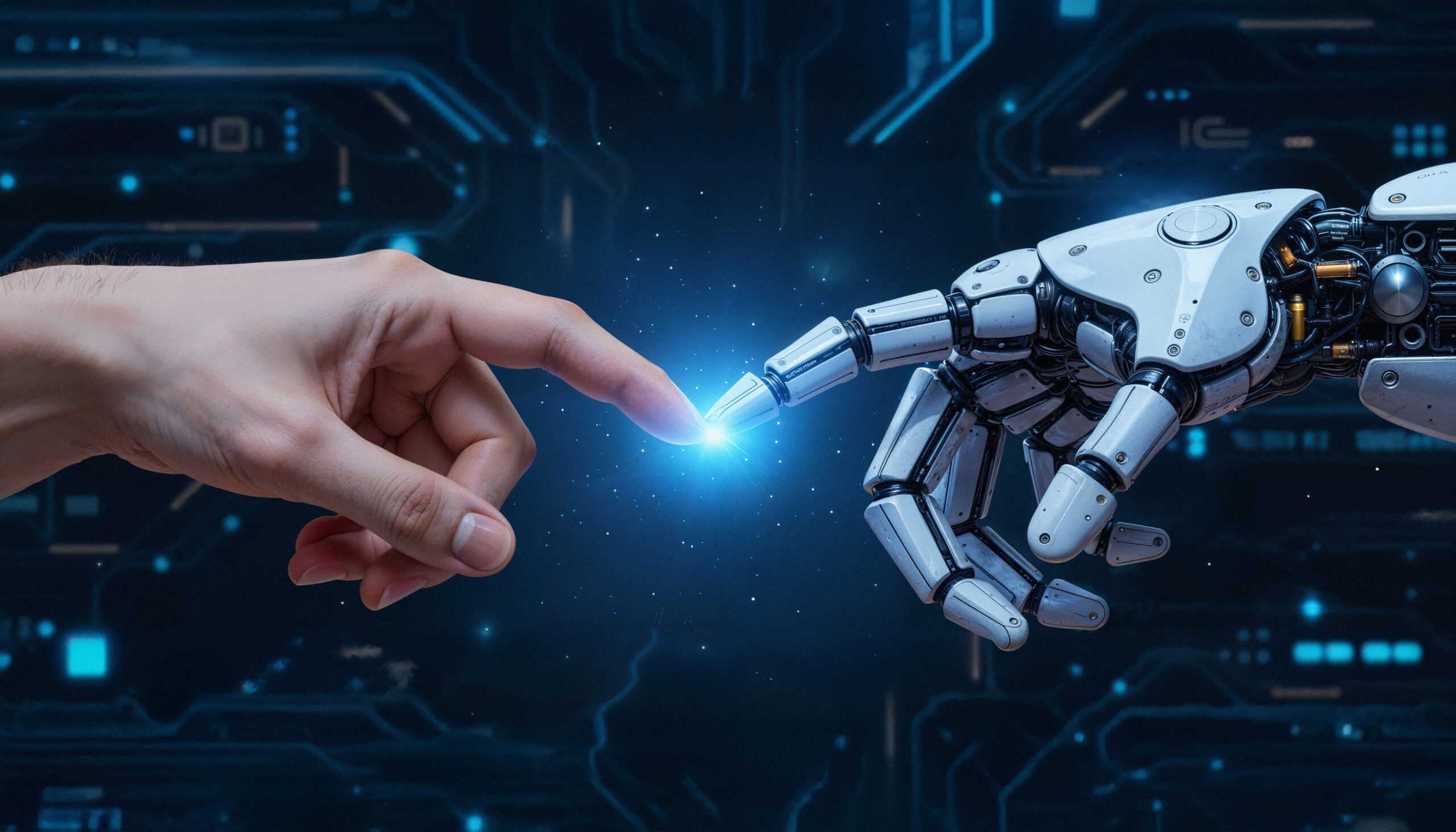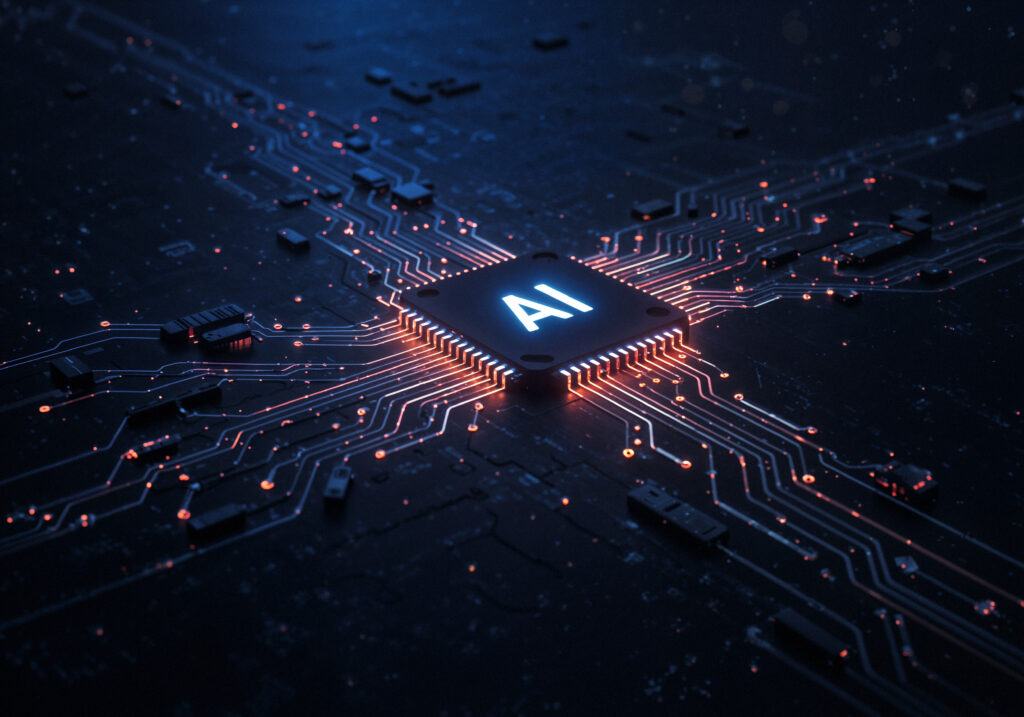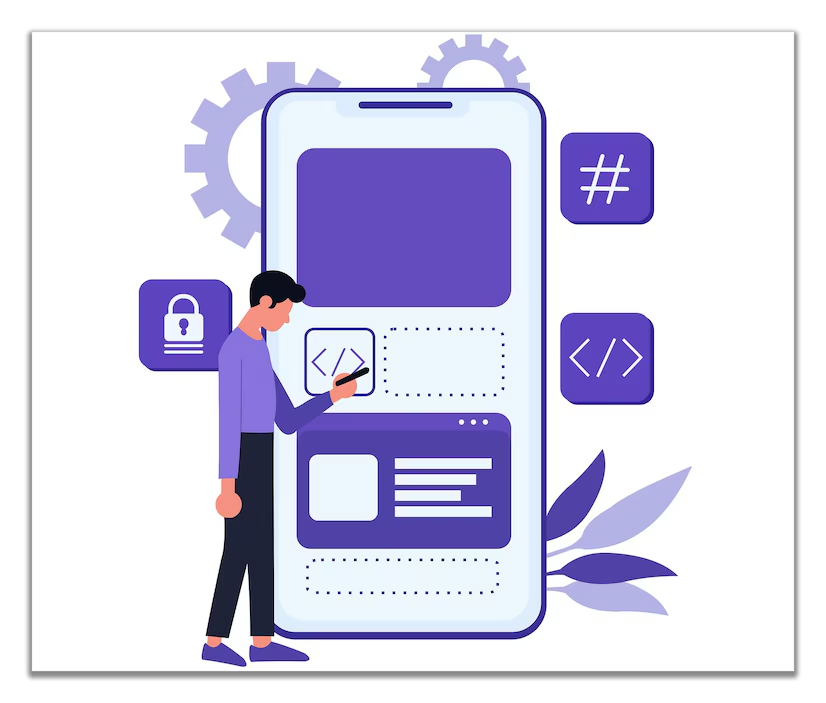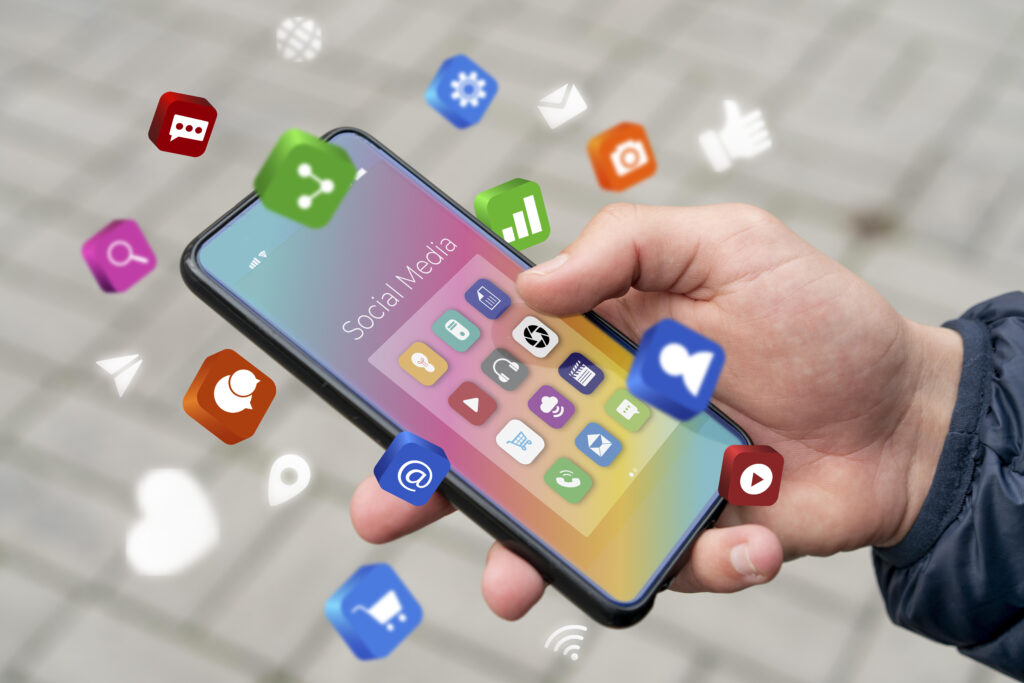
1. Predictive Analytics for Smarter Targeting
Predictive analytics uses AI to examine historical data—such as purchase history, browsing patterns, and engagement trends—to forecast customer behavior.
For example, AI might identify that a group of customers is highly likely to purchase a certain product within the next month. Marketing automation can then trigger tailored email sequences or ads designed specifically for this group, significantly improving conversion rates.
This approach removes guesswork and ensures campaigns are focused on the audiences most likely to respond, helping maximize return on ad spend while reducing wasted resources.
2. Hyper-Personalized Content & Recommendations
Modern consumers expect experiences tailored to their needs. AI enables this by generating personalized recommendations, dynamic email content, and customized landing pages—all in real time.
Recommendation engines, similar to those used by major streaming and ecommerce platforms, leverage AI to match customers with products or services they’re most likely to buy. When connected to a marketing automation system, these recommendations can be instantly deployed through email, push notifications, or on-site content blocks.
This level of personalization not only boosts click-through and conversion rates but also strengthens long-term customer loyalty.
3. AI-Powered Chatbots for Lead Nurturing
Today’s AI-driven chatbots are far more advanced than early versions. Powered by natural language processing (NLP), they can interpret user intent, respond in a conversational tone, and even detect emotional cues.
When integrated with marketing automation, chatbots can:
-
Qualify leads by asking relevant questions
-
Automatically tag prospects in a CRM for targeted follow-up
-
Trigger email drip campaigns based on conversation topics
This combination provides 24/7 customer engagement, reduces response time, and keeps the sales funnel active even outside regular business hours. It also ensures potential customers receive relevant information instantly, increasing the likelihood of conversion.
4. Automated Campaign Reporting & Insights
Compiling campaign reports from multiple platforms can be time-consuming. AI simplifies this by automatically pulling data, analyzing it, and generating visual reports—often in seconds.
AI reporting tools can:
-
Provide performance summaries based on simple text prompts
-
Highlight anomalies or sudden changes in metrics
-
Suggest actionable next steps for optimization
For instance, a marketer could ask, “Which campaign generated the highest ROI last quarter?” and instantly receive a detailed breakdown with graphs and recommendations. This speed empowers marketing teams to adjust strategies in real time, ensuring no opportunity is missed.
5. Real-Time Budget Optimization
Marketing budgets often lose efficiency when underperforming campaigns continue running unchecked. AI solves this by continuously monitoring campaign performance and reallocating budgets in real time.
If an ad set is delivering exceptional results, AI can automatically shift more budget toward it. If another is underperforming, it can pause or reduce spending without human intervention.
This level of agility ensures every marketing dollar is working toward the best possible outcome, increasing overall ROI and preventing wasted spend.
Final Thoughts
AI is rapidly moving from being a “nice-to-have” to a “must-have” in marketing automation. From predictive analytics to budget optimization, these technologies allow marketers to create campaigns that are smarter, faster, and more targeted than ever before.
The benefits are clear:
-
Efficiency: Repetitive tasks are automated, freeing teams to focus on creative strategy.
-
Personalization: Campaigns speak directly to each customer’s needs.
-
Real-Time Adaptability: Performance insights and adjustments happen instantly.
For businesses, the key is to start with one or two high-value AI applications and scale gradually. By doing so, teams can integrate AI into their existing workflows smoothly—unlocking the full potential of AI-powered marketing automation without overwhelming resources.
